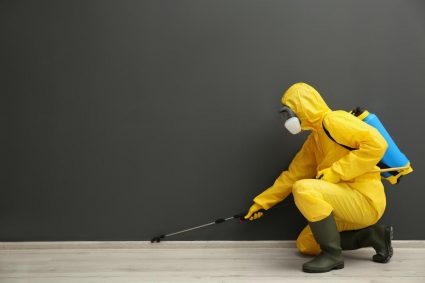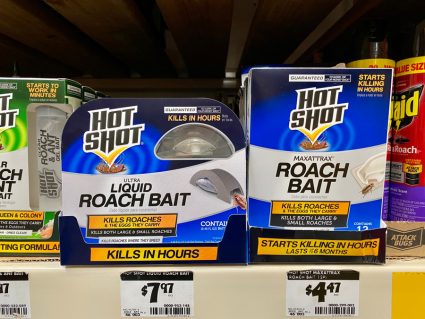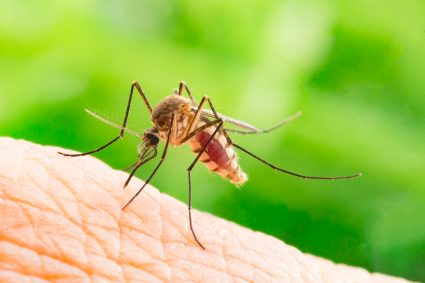
Slugs and snails, while seemingly harmless, can wreak havoc in your garden, damaging plants and impacting your harvest. While chemical repellents can be effective, they often pose risks to pets, wildlife, and the environment. Luckily, there are numerous natural ways to deter these slimy invaders. In this article, we’ll explore a variety of methods, from homemade remedies to the use of certain plants, that can help keep your garden slug and snail-free.
Slugs and snails can be repelled naturally by using methods such as lining your garden borders with sharp eggshells, creating a rough area around your plants with sand or gravel, and planting slug-repelling plants like mint, chives, and geraniums. Other methods include hand removal, creating natural barriers with substances like coffee grounds, and setting up beer traps. Encouraging natural predators of slugs and snails, such as birds and frogs, can also help control their population in your garden.
What Are Slugs and Snails?
Slugs and snails are mollusks, belonging to the same family as oysters, clams, and other shellfish. They are known for their slow movement and their love for damp, dark places. The most common types of slugs and snails that are problematic in gardens include the Gray Field Slug, Brown-Banded Arion, European Red Slug, Black Greenhouse Slug, Large Spotted Garden Slug, Marsh Slug, and Garden Snail.
Natural Ways to Deter Slugs and Snails
1. Eggshells
Slugs and snails dislike crawling over sharp objects. Lining your borders with upturned eggshells can make an effective deterrent.
2. Sand and Gravel
Creating a rough area around your plants with sand or gravel can make it harder for slugs and snails to reach your plants.
3. Companion Planting
Some plants repel slugs and snails, so try planting the greenery they dislike next to the ones they love. Plants slugs dislike include the Allium family, strong-smelling mint, chives, garlic, fennel, foxgloves, and geraniums.
4. Hand Removal
While not the most pleasant method, hand removal is effective. Regularly check your garden for slugs and snails, pick them off, and move them at least 20 feet away from your garden.
5. Natural Barriers
Surround your plants or garden beds with materials that are difficult for slugs and snails to cross, such as wood chips, gravel, or bark. Other substances like crushed eggshells, coffee grounds, and diatomaceous earth can also be spread in a barrier ring around plants to deter slugs and snails.
Deterrents From Your Kitchen
1. Coffee Grounds
Spread coffee grounds around plants to deter slugs and snails. The caffeine in the coffee is believed to harm slugs and snails by causing them to lose their protective slimy coating, which eventually leads to their death.
2. Beer Traps
Sink a shallow container filled with beer into the soil. Slugs and snails are attracted to the beer, fall in, and drown.
Natural Predators
Encouraging natural predators, such as birds, frogs, toads, hedgehogs, and even certain types of insects and beetles, can help control slug and snail populations in your garden.
Conclusion
Controlling slug and snail populations in your garden doesn’t have to involve harmful chemicals. From simple kitchen remedies to encouraging their natural predators, there are many effective methods to protect your garden from these slimy pests. Remember, a combination of these methods is likely to be more effective than relying on just one. It’s also important to maintain a healthy ecosystem in your garden, as this can help keep slug and snail populations in check naturally.
Frequently Asked Questions
What time of day is best for hand removal of slugs and snails?
The best time for hand removal of slugs and snails is either early in the morning or late in the evening. These are the times when slugs and snails are most active, as they prefer cooler, damp conditions.
Can I use any type of beer for the beer traps?
Yes, you can use any type of beer for the beer traps. Slugs and snails are attracted to the yeast in the beer, not the specific type or brand.
How often should I replace the coffee grounds or eggshells around my plants?
It’s best to replace coffee grounds and eggshells after it rains, as they can get washed away. Otherwise, replacing them every two weeks should be sufficient.
Will the natural barriers harm other beneficial insects in my garden?
No, natural barriers like wood chips, gravel, or bark won’t harm beneficial insects. However, be careful with substances like coffee grounds and diatomaceous earth, as they could potentially harm certain insects.
What are some signs that I have a slug or snail problem in my garden?
Signs of a slug or snail problem in your garden can include visible trails of slime, holes in your plants’ leaves, and seedlings disappearing overnight.









